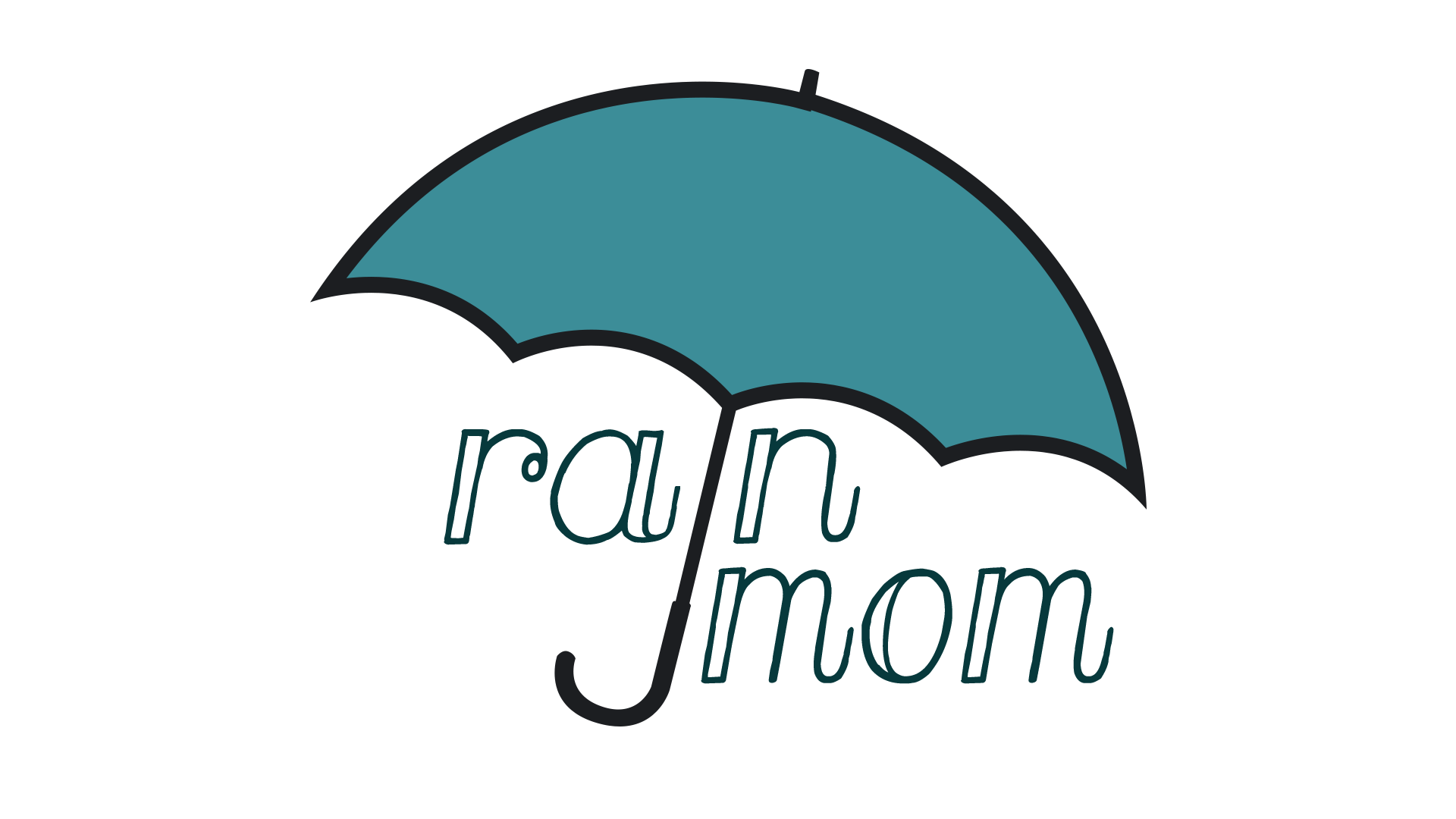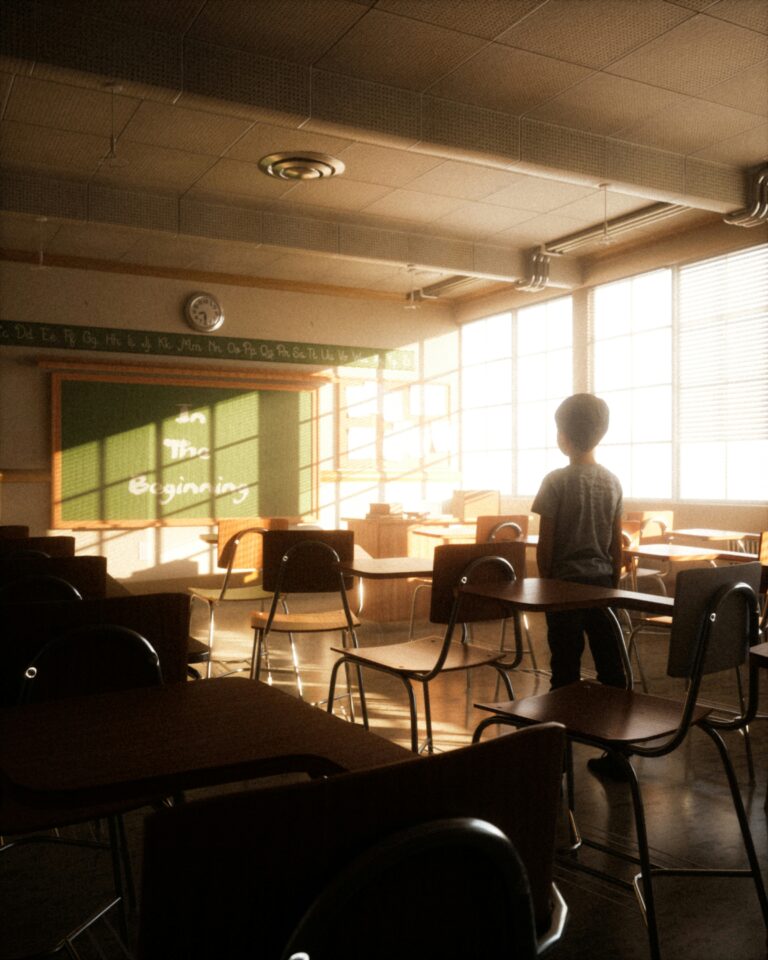
Autism: A Love Language Beyond Words
By Kristi | Published | 2 Comments
As many of you know my son is autistic with minimal verbal expression and accompanying cognitive impairment. Currently I see many parents and practitioners who define autism on levels. Back when Jonathan was diagnosed the terminology used when describing autism was referred to as mild, moderate or severe autism. I’m also very aware there are many with ASD who are highly vocal and take issue with these labels as they find them divisive – segregating groups of autism based on their abilities, suggesting one form of autism is superior or better. However, I’ve learned over the years the one area that remains the same without levels or labels is love.
To be honest, I have been at a loss for words this year for many reasons. To say 2024 has been a challenging year is putting it mildly. Both for me and for my son. The loss of both of my parents within 9 months was devastating. Telling Jonathan was the bigger struggle-how to best communicate the loss in a way that he would understand. Language has always been a challenging aspect for him, but I know his feelings run deep even when he cannot convey them in words. It is a source of frustration and aggravation for him and for me as well. Autism is a language all its own and while I have been trying to learn it for almost 30 years I am far from fluent. It has challenged my own abilities to a whole new level as there are times when I’m baffled as to what my son is trying to communicate. Harder yet, when that communication presents in the form of his behaviors. Those are the times when I need to remind myself underneath the surface is a language of love.
I would love to level the playing field. So much of our world is based on verbal interactions as well as interpreting nonverbal. It is so easy to miss or misinterpret a language that we clearly do not always understand. I liken it to being dropped off in the middle of Russia, surrounded by people speaking a language you’re completely unfamiliar with and yet trying to decipher what is being said as well as communicating your own needs. I often feel that Jonathan senses my frustration when he’s unable to articulate what he wants or needs just as I sense his when he cannot form the words. And not for lack of trying. We have utilized virtually every form of communications devices, including advice from other parents as well as professionals and even tried a few of our own. What I have learned over the years is that Jonathan can communicate his wants and needs, but struggles to define his emotions and what upsets him. And while all the love in the world cannot change that for him, it has for me.
When we look through a lens of love, we find a unique language. One we often didn’t realize existed. Maybe because the spoken word has hidden our ability to recognize what is often said without uttering a sound. We all communicate without words. Think of how many times a day you look at someone and without them saying a word you know what they are thinking or feeling? Whether at home with your spouse or children, extended family, friends, neighbors or even colleagues at work. The look you give or receive to an individual often becomes self-evident. Happy, sad, angry, bored, frustrated or other countless messages relayed in a nonverbal form of communication.
So I’ve decided to do my level best and focus more on our own love language. The one Jonathan has been trying to teach me. One that doesn’t necessarily have to be in words, yet often speaks volumes. One that knows its intent but has a hard time getting it across to others. One that cannot be qualified or quantified by those who have yet to learn its meaning but feel compelled to interpret it nonetheless. Presuming positive intentions and leaving assumptions to the side. Opening up to the possibilities of what we can learn when we embrace a new way of communication. Because one day, we may open a door to a whole new level of language we never knew existed.
But all of those who were defined by a level as nonverbal, have been speaking it all along.
2 Responses
Leave a Reply






You are a great mom, with a big heart ❤️. 🫶 I’m happy you are my friend.
Thanks Ana and so appreciate your kind words❤️❤️